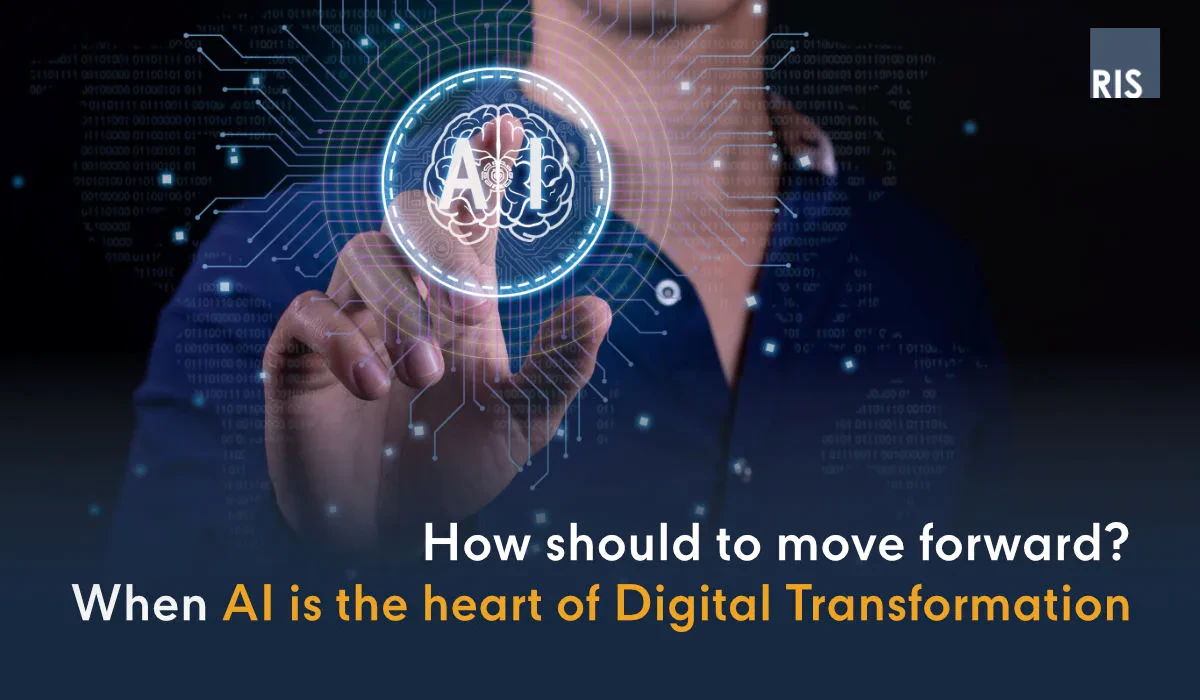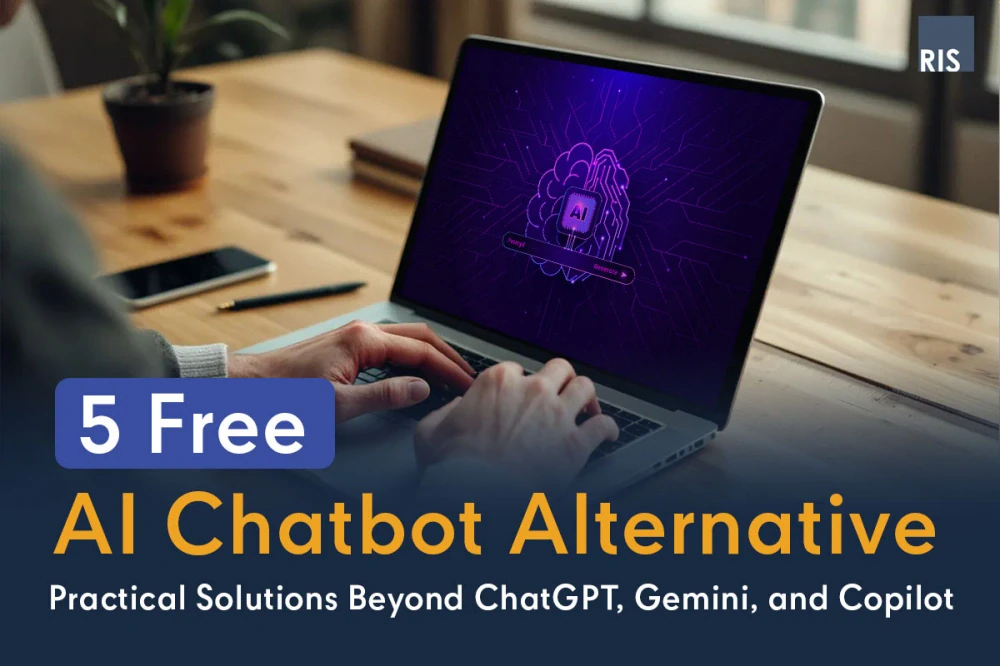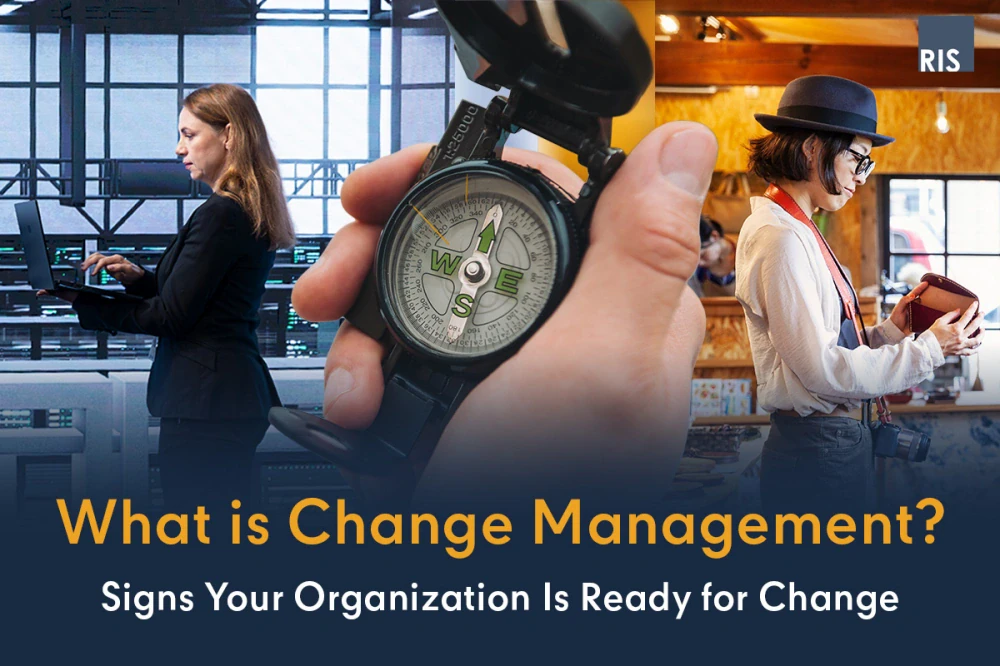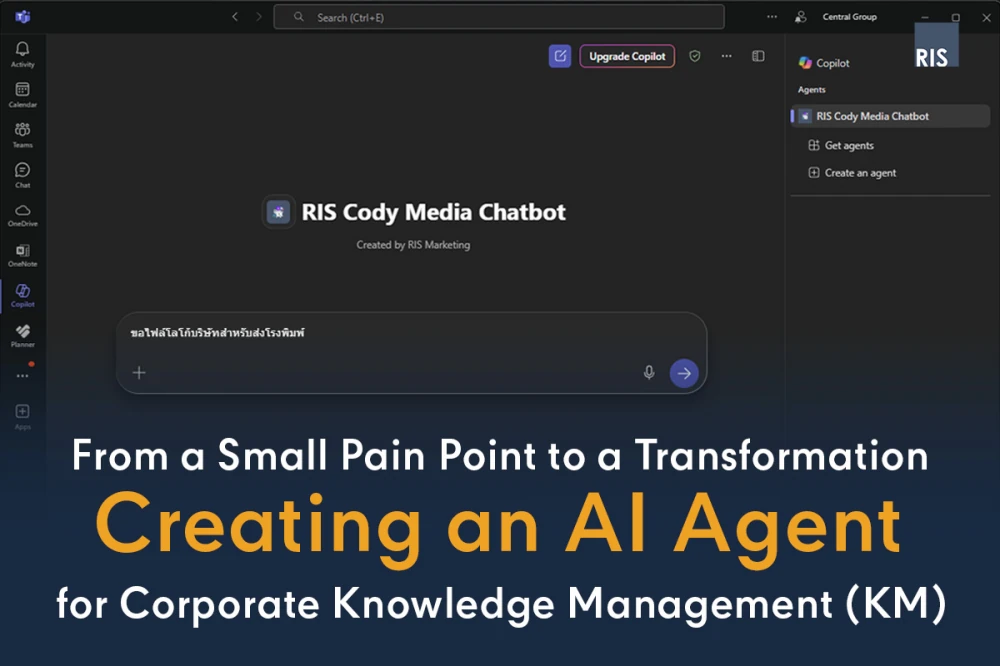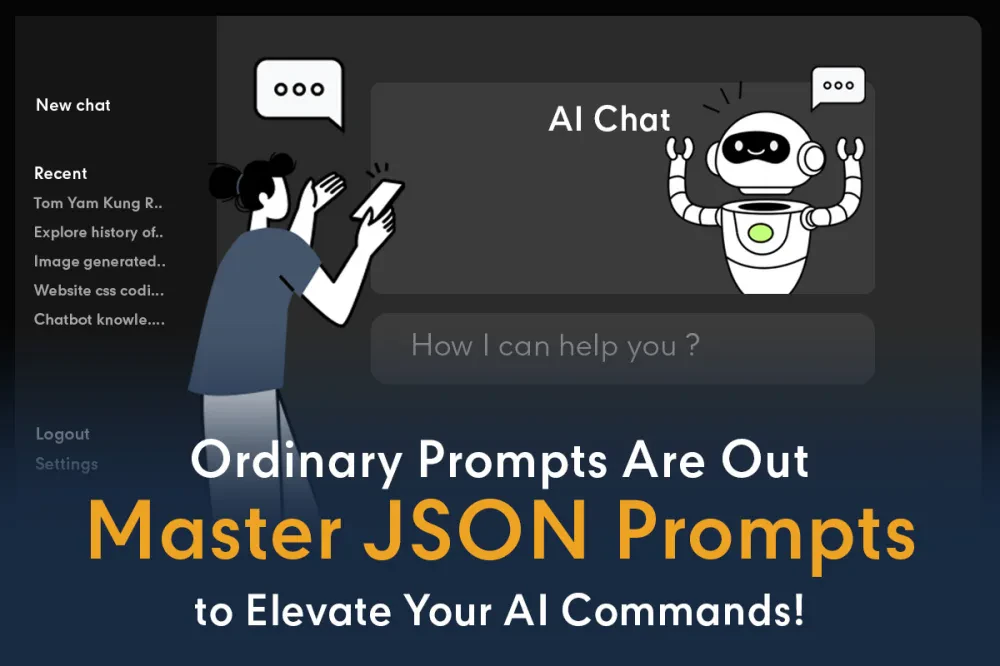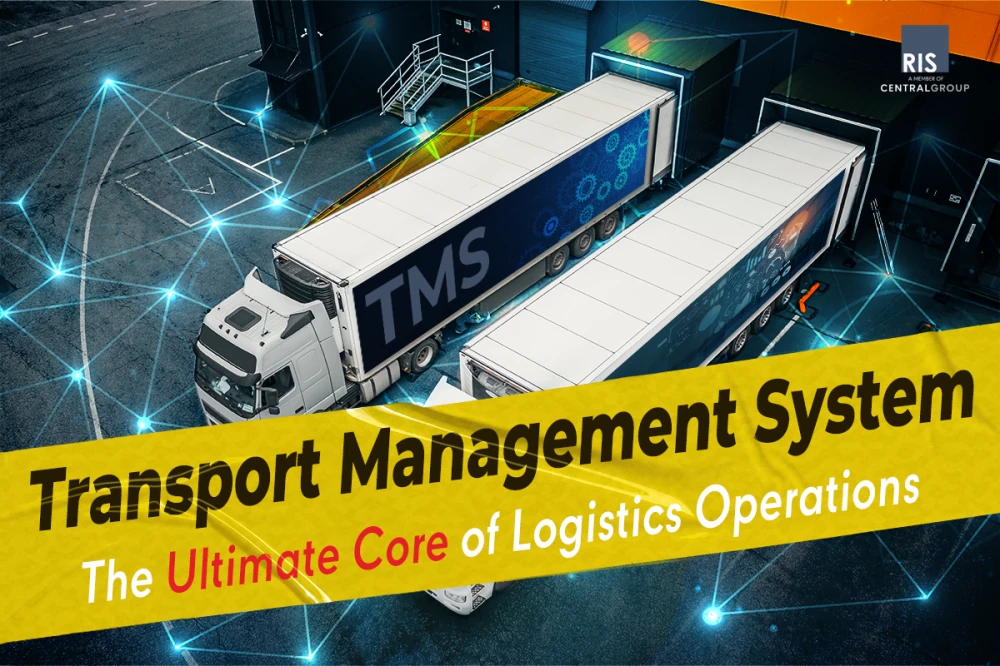What is an AI Agent? How Does it Differ from Common AI?
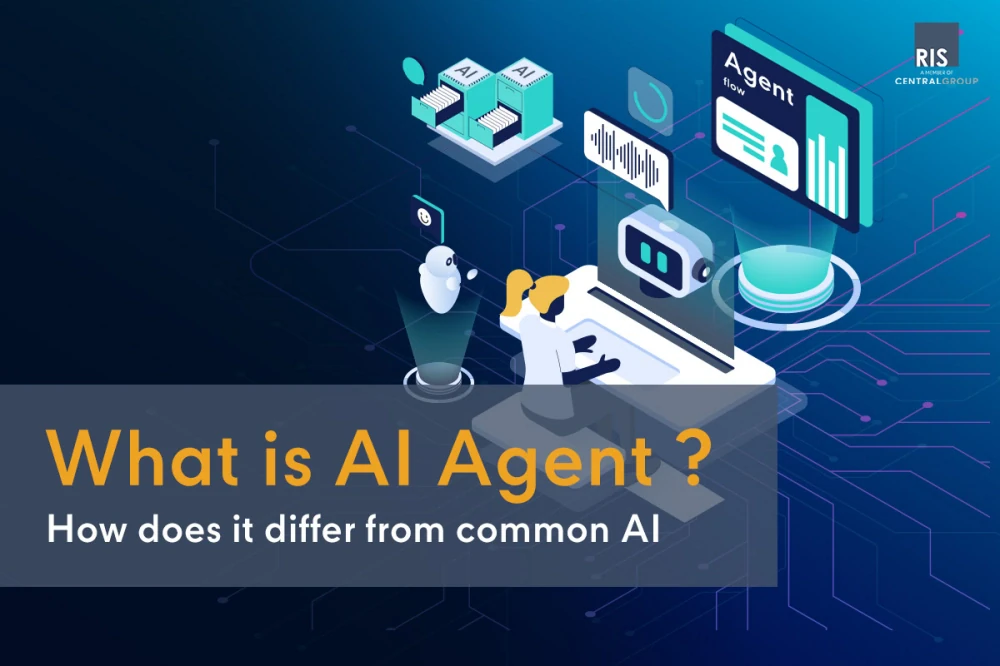
In an era where artificial intelligence (AI) technology is transforming the world, we've rapidly seen various forms of AI play a role in our daily lives. From personal voice assistants to AI that creates astonishing images, videos, and text, which we collectively call Generative AI. Amidst this trend, the term "AI Agent" has started to gain more traction, leading many to wonder what it is and how it differs from AI like Generative AI that we commonly use.
What is an AI Agent?
An AI Agent is an AI created to **take action** or achieve predefined goals. It acts like an intelligent assistant that can independently carry out assigned tasks. It can interact with its environment, gather information, run commands, and use data to accomplish specific tasks. It operates continuously on its own without waiting for commands from users or humans at each step, and can resolve issues that arise along the way.
Key Differences Between AI Agents and Generative AI

Generative AI is an AI we are familiar with and use today. It is often a system designed for specific tasks or to respond to clear commands. Mostly, it operates according to predefined datasets or rules. They excel at repetitive tasks, analyzing large amounts of data, or answering user questions. This operation requires waiting for commands or questions (Input) from the user, then processing them according to trained algorithms to produce results (Output). Familiar examples include:
- Chatbot / Virtual Assistant: Answers questions, provides information based on a database (e.g., Siri, Google Assistant).
- Generative AI: Creates new content such as text (ChatGPT, Gemini), images (Midjourney, Stable Diffusion), videos (Veo3, RunwayML).
- Recommendation Systems: Recommends products/services you might like (e.g., Netflix, YouTube).
- Robotic Process Automation (RPA): Performs repetitive tasks on computers according to defined procedures (e.g., data entry).
While these AIs are powerful, they generally still require "commands" or Input from humans at each step, or cannot make decisions outside their predefined frameworks on their own. However, an AI Agent goes a step further. It will not merely create content or answer questions, but is designed to achieve complex goals by being able to think, plan, decide, act, and learn independently. Instead of waiting for commands or Input from users alone,
The primary role of an AI Agent is to take action and achieve assigned goals, capable of planning and adjusting strategies at any time. This outstanding capability allows an AI Agent to perform multiple steps continuously on its own without waiting for human commands at each point, and can solve problems that arise along the way.
AI Agent Adoption in Organizations

Many organizations have widely adopted Generative AI for tasks such as creating presentations, generating images, helping brainstorm ideas, creating content, or even producing videos. However, the introduction of an AI Agent that can work to achieve goals makes it a technology to watch. This is due to its ability to perform complex tasks, think, plan, and act independently. Nevertheless, smart and successful adoption of an AI Agent in an organization is not merely about selecting a tool; it requires strategic understanding and a comprehensive assessment of the organization's readiness. Here are things to consider before implementing an AI Agent:
- True Costs and Complexity: Most AI Agent projects are currently in the experimental phase, often driven by hype and misused, causing organizations to overlook "the true costs and complexity of implementing AI Agents at an enterprise level.“
- Risk of Failure: Gartner predicts that over 40% of AI Agent projects will be canceled by the end of 2027 due to increased costs, unclear business value, or insufficient risk control.
- "Agent Washing": Some vendors may engage in "Agent Washing," or rebranding existing products like AI Assistants, RPA, or Chatbots as AI Agents, without having true agentic capabilities. Organizations must therefore be cautious in selecting service providers.
Smart Strategies for Selecting and Implementing AI Agents in Organizations
To avoid risks and truly extract value from AI Agents, Gartner has recommended the following guidelines:
- Focus on Clear Value and ROI: Invest in AI Agent projects that "deliver clear value or return on investment (ROI)." Do not invest based on trends that have not yet shown tangible results.
- Review Workflows from Scratch: Instead of trying to integrate AI Agents into complex existing systems, "reviewing and redesigning workflows entirely with AI Agents in mind from the start" is the most suitable path to successful implementation.
- Start Small but Create Value: Focus on using AI Agents in case studies that can increase overall enterprise productivity, rather than just focusing on slightly improving individual tasks.
- Importance of "Human in the Loop": Even if an AI Agent works independently, humans must always remain in the workflow to set goals, supervise, check results, and correct when necessary, to ensure that the AI's operations align with the organization's values and ethics.
- Analyze and Select Vendors Carefully: Study vendor information thoroughly, beware of "Agent Washing," and choose partners with expertise and real experience in implementing AI Agents.
An AI Agent is a technology that comes with potential, but also with complexities that need to be managed strategically. Understanding the challenges and adopting intelligent selection guidelines will help your organization harness the maximum benefits from AI Agents and lead your business to sustainable success in the digital age.
